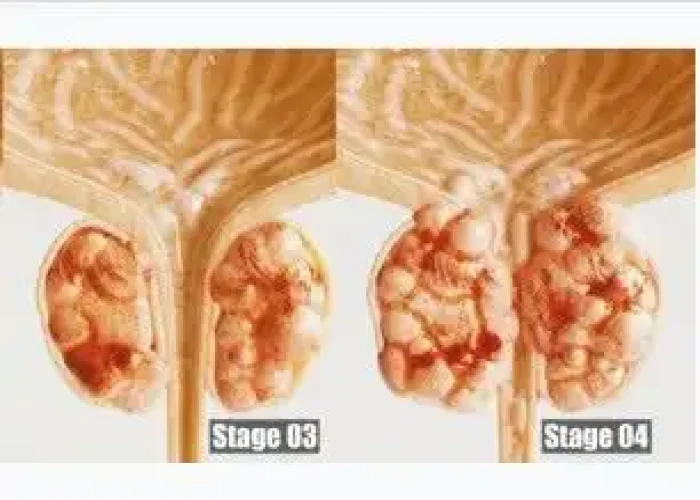 Welcome
Welcome
“May all be happy, may all be healed, may all be at peace and may no one ever suffer."
Stage 4 prostate cancer

Stage 4 prostate cancer is an advanced stage of prostate cancer, which means cancer has spread from the prostate gland to other parts of the body, such as the bones, lymph nodes, liver, or lungs. This stage is also known as metastatic prostate cancer.
Symptoms of stage 4 prostate cancer can vary depending on where the cancer has spread but may include bone pain, fatigue, weight loss, and difficulty with urination. In some cases, there may be no symptoms at all.
The treatment of stage 4 prostate cancer typically involves a combination of approaches, such as hormone therapy, chemotherapy, radiation therapy, and/or surgery to remove the prostate gland. The goal of treatment is to slow the progression of cancer, relieve symptoms, and improve the patient's quality of life.
In addition to medical treatment, support from a healthcare team, family, and friends can be helpful in managing the physical and emotional challenges of advanced cancer.
It is important for individuals with stage 4 prostate cancer to work closely with their healthcare team to develop an individualized treatment plan and to communicate openly about their symptoms and concerns. Palliative care may also be an important aspect of care, to provide relief from pain and other symptoms, and to improve quality of life.
Research Papers
Disease Signs and Symptoms
- Burning during urination
- Frequent urination
- Decreased urination or blood in the urine
- Bone pain
- Swollen leg
- Fatigue (Tiredness)
Disease Causes
Stage 4 prostate cancer
Doctors aren't certain what causes stage 4 prostate cancer.
Stage 4 prostate cancer occurs when prostate cancer cells break away from the prostate and spread to the lymph nodes or to other areas of the body.
Prostate cancer cells that spread beyond the prostate most often travel to the:
- Lymph nodes
- Bones
- Liver
Disease Prevents
Disease Treatments
Treatments for stage 4 prostate cancer may slow the cancer and extend your life. But stage 4 prostate cancer often can't be cured.
Hormone therapy
Hormone therapy is treatment to stop your body from producing the male hormone testosterone or to block the effects of testosterone on the cancer. Prostate cancer cells rely on testosterone to help them grow. Cutting off the supply of hormones may cause the cancer to shrink or to slow its growth.
In men with stage 4 prostate cancer, hormone therapy is most often used alone, but it can be combined with chemotherapy and it may be used after radiation therapy or, rarely, surgery. Hormone therapy may be continued for as long as the treatment continues to work.
Hormone therapy options include:
- Medications that stop your body from producing testosterone. Medications known as luteinizing hormone-releasing hormone (LH-RH) agonists and antagonists prevent the testicles from receiving messages to make testosterone. Drugs typically used in this type of hormone therapy include leuprolide (Eligard, Lupron Depot, others), goserelin (Zoladex), triptorelin (Trelstar), histrelin (Vantas) and degarelix (Firmagon).
- Surgery to remove the testicles (orchiectomy). Removing your testicles reduces testosterone levels in your body. The effectiveness of orchiectomy in lowering testosterone levels is similar to that of hormone therapy medications, but orchiectomy may lower testosterone levels more quickly.
- Medications that block testosterone from reaching cancer cells. Medications known as anti-androgens prevent testosterone from reaching your cancer cells. Examples include bicalutamide (Casodex), flutamide and nilutamide (Nilandron). These drugs may be given along with an LH-RH agonist or given before taking an LH-RH agonist.
- Apalutamide (Erleada) and enzalutamide (Xtandi) work differently from other anti-androgen drugs and may be an option if other hormone therapy treatments are no longer effective.
- Other medications. Other medications that work differently from other hormone therapies to control testosterone in the body may be options. Examples include abiraterone (Yonsa, Zytiga), the antifungal medication ketoconazole, the female hormone estrogen, and steroid drugs.
Side effects of hormone therapy may include erectile dysfunction, hot flashes, loss of bone mass, reduced sex drive, breast enlargement and weight gain.
Most advanced prostate cancers will eventually adapt to hormone therapy and begin growing despite treatment (castration-resistant prostate cancer). When that occurs, your doctor may recommend switching to a different combination of hormone therapy drugs to see if your cancer responds.
Radiation therapy
Radiation therapy uses high-powered beams of energy, such as X-rays and protons, to kill cancer cells. Radiation therapy for stage 4 prostate cancer uses a large machine that moves around your body, directing energy beams to the area around the cancer (external beam radiation therapy).
In men with very large prostate tumors or cancer that has spread to nearby lymph nodes (locally advanced prostate cancer), radiation therapy may be combined with hormone therapy. Or it may be used after surgery to kill any cancer cells that might remain.
In men with cancer that has spread to other areas of the body, radiation therapy is used to relieve pain or other symptoms.
Surgery
Surgery isn't often used to treat stage 4 prostate cancer, but it might be recommended in certain situations. In men with stage 4 prostate cancer, surgery is generally limited to men who are experiencing signs and symptoms that would be relieved by surgery, such as difficulty passing urine.
Surgery may include:
- Radical prostatectomy. Your doctor may recommend surgery to remove your prostate and any cancer that has grown locally beyond the prostate. Surgery may be an option if your prostate cancer is locally advanced and hasn't spread to other areas of the body.
- Lymph node removal. Your doctor may recommend removal of several lymph nodes near your prostate (pelvic lymph node dissection) to test for cancer cells.
Surgery can cause infection, bleeding, incontinence, erectile dysfunction and damage to the rectum.
Treatments for cancer that spreads to other areas of the body
If your cancer has spread beyond your prostate to other areas of your body, your doctor may recommend:
- Chemotherapy. Chemotherapy can slow the growth of cancer cells, relieve signs and symptoms of cancer, and prolong the lives of men with advanced prostate cancer.
- Training your immune system to recognize cancer cells. Immunotherapy uses your immune system to kill cancer cells. Sipuleucel-T (Provenge), a form of immunotherapy, has been developed to genetically engineer your immune cells to fight prostate cancer.
- Bone-building medications. Medications used to treat thinning bones (osteoporosis) may be helpful in preventing broken bones in men with prostate cancer that has spread to the bones.
- Infusions of a radioactive drug. Men with prostate cancer that has spread to the bones may consider treatment that infuses a radioactive substance into a vein. Strontium-89 (Metastron), samarium-153 (Quadramet) and radium-223 (Xofigo) are medications that target fast-growing cancer cells in the bones, and may help relieve bone pain.
- Radiation therapy. External beam radiation therapy may help control bone pain in men with prostate cancer that has spread to the bones.
- Targeted drug therapy. Targeted drugs attack specific weaknesses in the cancer cells. Your doctor might have samples of your cancer tested in a lab to see if targeted therapy might be helpful for you.
- Pain medications and treatments. Medications and treatments are available if you experience cancer pain. Which pain treatments are right for you will depend on your particular situation and your preferences.
Supportive (palliative) care
Palliative care is specialized medical care that focuses on providing relief from pain and other symptoms of a serious illness. Palliative care specialists work with you, your family and your other doctors to provide an extra layer of support that complements your ongoing care. Palliative care can be used while undergoing other aggressive treatments, such as surgery, chemotherapy or radiation therapy.
When palliative care is used along with all of the other appropriate treatments, people with cancer may feel better and live longer.
Palliative care is provided by a team of doctors, nurses and other specially trained professionals. Palliative care teams aim to improve the quality of life for people with cancer and their families. This form of care is offered alongside curative or other treatments you may be receiving.
Disease Diagnoses
Disease Allopathic Generics
Disease Ayurvedic Generics
Disease Homeopathic Generics
Disease yoga
Stage 4 prostate cancer and Learn More about Diseases
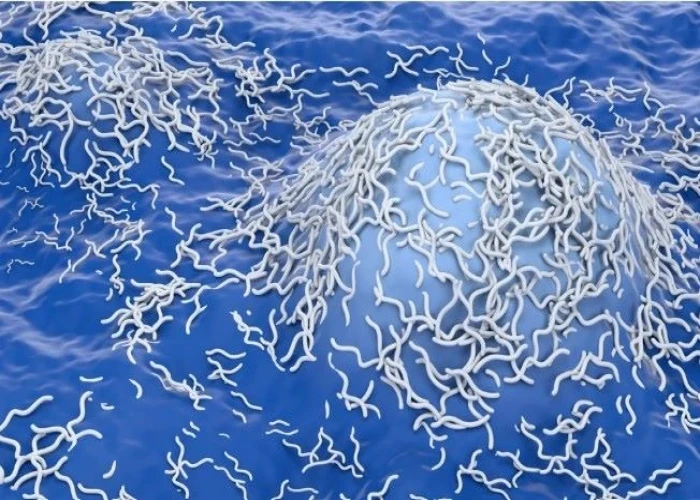
Neuroblastoma
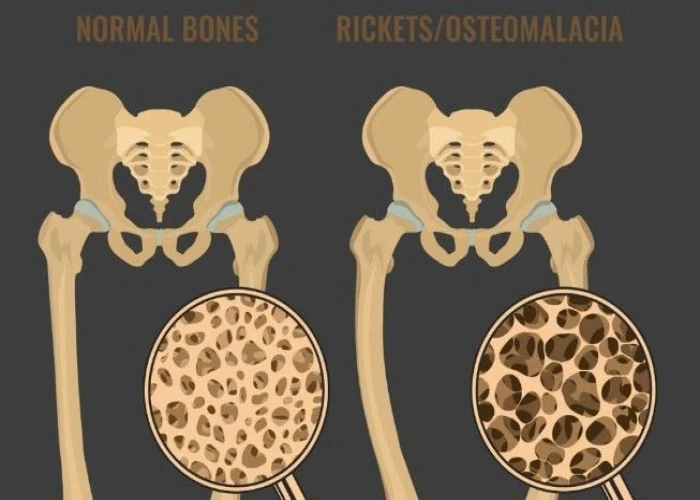
Osteomalacia
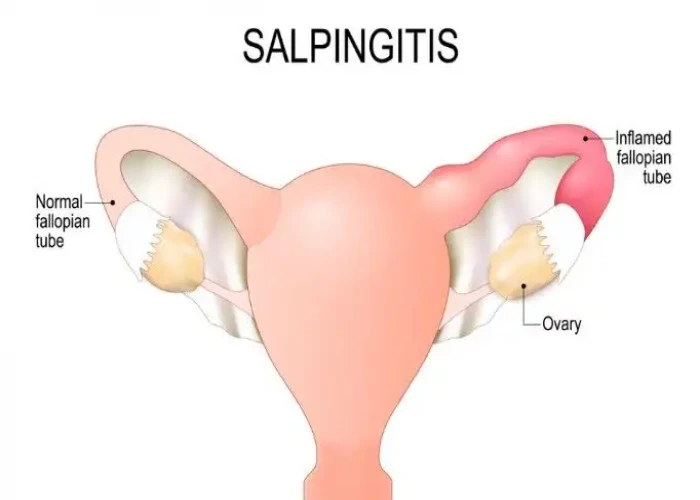
Salpingitis
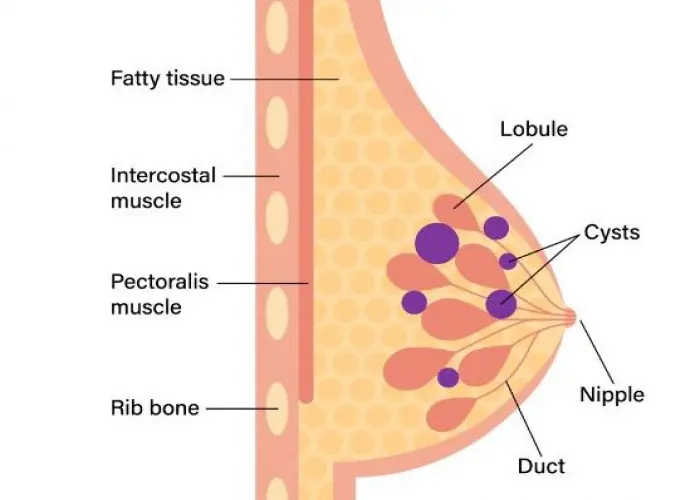
Fibrocystic breasts

Sprained ankle

Depersonalization-derealization disorder
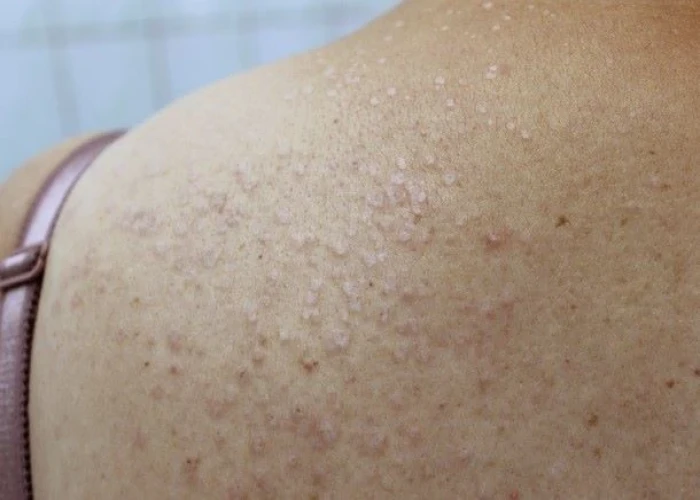
Lichen sclerosus
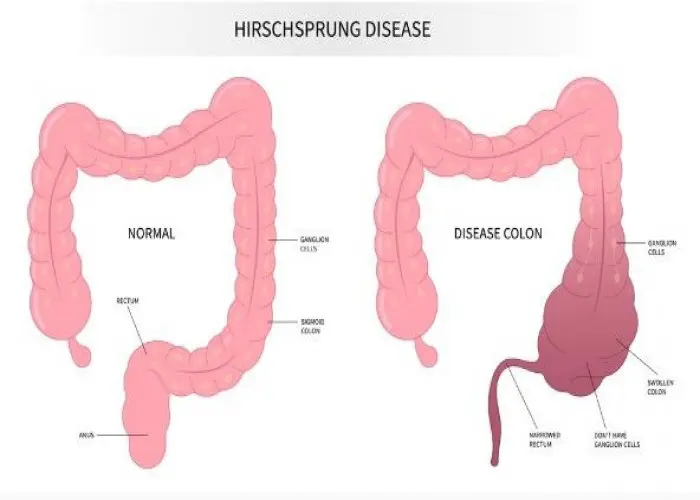
Hirschsprung's disease
stage 4 prostate cancer, পর্যায় ৪ প্রস্টেট ক্যান্সার
To be happy, beautiful, healthy, wealthy, hale and long-lived stay with DM3S.
